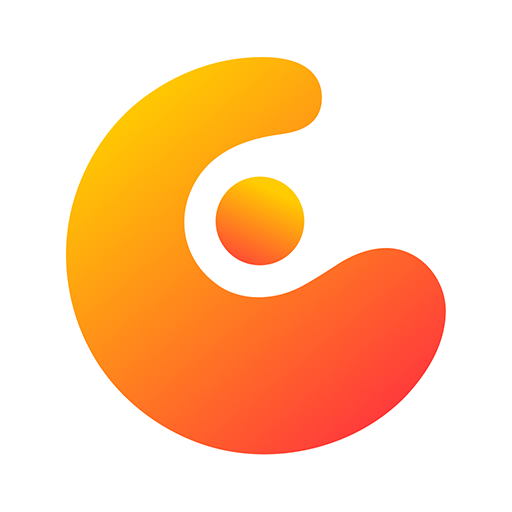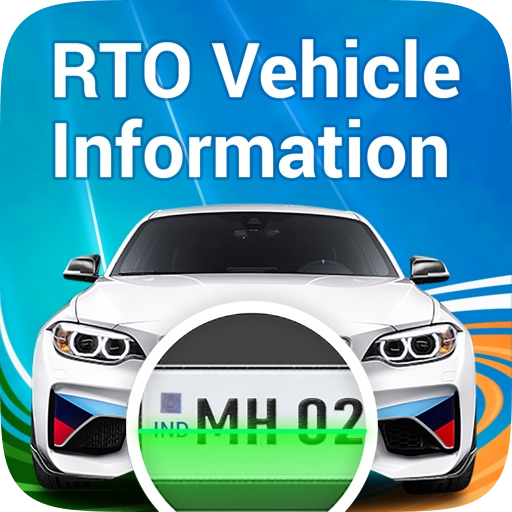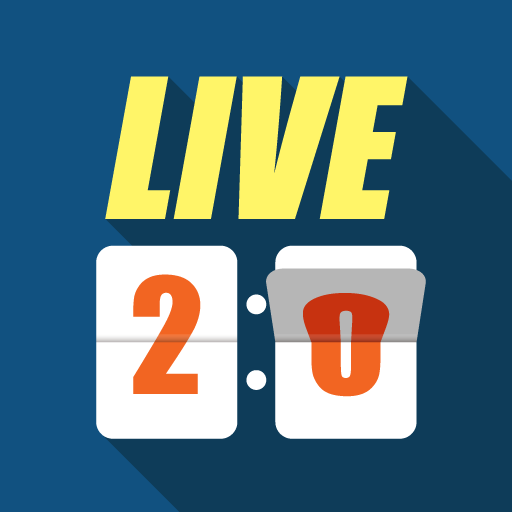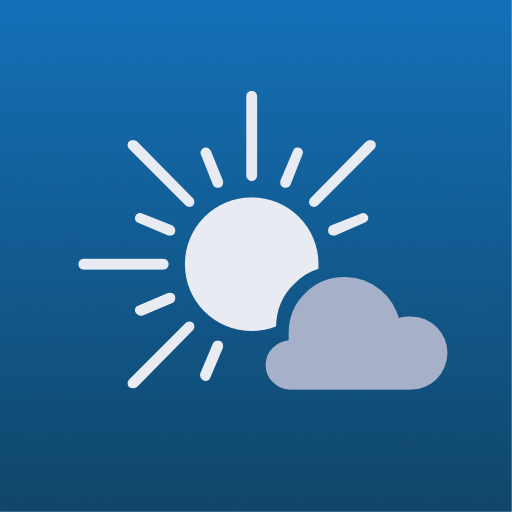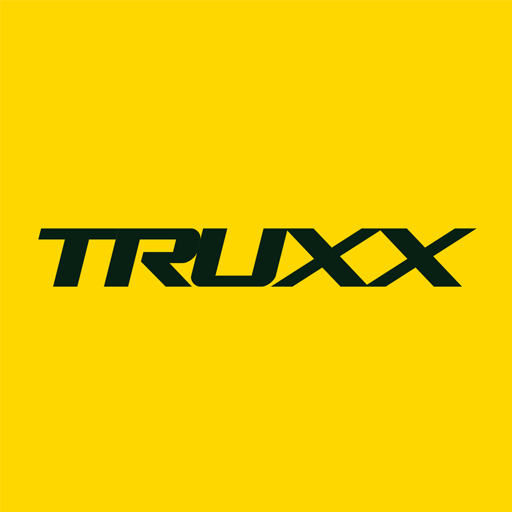The Pc Is Back: Why We Carry On To Focus On It
Description of The Pc Is Back: Why We Carry On To Focus On It
The breadth and longevity of Windows - and PCs in general - deserves greater recognition.
Watching Intel celebrating the variety and power of PCs right after chip veteran Pat Gelsinger returned as CEO reminded me of the past events of the Intel Developer Forum, where the company was showcasing new factors of Creative shape for laptops, which flip, slide and unfold in different ways.
They had names like Florence (a laptop with a keyboard that tilted to turn into a tablet) and Newport (with a small secondary screen on the hood to show you the number of pending emails). We still have some of the cardboard mockups in the office.
The past 12 months have reminded us that a phone or tablet isn't always what we want and need. The increase in PC sales over the past year and the continuing shortage of graphics cards suggests that people want the ability to choose the best hardware for different tasks.
PC shipments increased
It is certain that the graphics card supply problems are due both to the activity of cryptocurrency miners who are snapping up available cards and to a general shortage of silicon wafers and foundry capacity which has also affected car manufacturers who had not pre-ordered chips and even manufacturers of mobile phones. But the fact that PC users keep buying new graphics cards is a sign of continued interest.Even with the supply issues, PC shipments grew 12.9% in 2020, according to IDC , which forecasts even higher sales for 2021: up 18.2% to 357.4 million devices. Canalys counts devices slightly differently, including tablets and Chromebooks as well as desktops and laptops: their forecast of 8% growth in 2021, mostly in the first half of the year, suggests a total of 496.8 million devices sold in 2021, and 50.9 million in 2022.
Part of that figure is shipping laptops to students, another part is retail stores ordering PCs because their stocks are still low, and the backlog of people trying to buy one. new PC now could continue in 2022 according to IDC. But people will continue to need to at least partially telecommute, and they want to have a better home PC for work, play, or education.
Finding takers
More PC monitors were also purchased in 2020: in Q4 alone, 39.2 million monitors were shipped, an increase of 16.9% compared to the previous year, to reach a level of sales that had not been observed since the fourth quarter of 2011. Part of this increase may be due to the constitution of stocks before the rise in component prices, but much of that rise is due to the fact that people want a screen to use with a desktop PC or a laptop, and again, the growth is occurring even though demand has been so strong that there are back orders - so the interest growth is even higher. For the year as a whole, sales grew 8.3%, the strongest year-over-year growth since IDC began tracking monitor sales in 2008.IDC expects people to continue buying more screens than in recent years, for use with laptops, which means people are using laptops enough to want a bigger screen. According to Microsoft, the time spent using Windows has increased: in May 2020, four trillion minutes were spent per month using Windows 10, which is 75% more than in May 2019.
PC death predictions have often assumed that today's PCs are good enough and that people who wanted to use a PC would keep an old device for when they needed it. Our pandemic PC buying trends suggest this is not the case, and there are still new technologies coming in that will make it worth buying new devices, be it a better card. graphics, processors that provide more functionality or security improvements such as Microsoft's Pluto security processor.
Investing in PC ecosystem
Getting AMD, Intel, and Qualcomm to make room on an already crowded CPU matrix was Microsoft's design validation, but it was also a sign of new possibilities. "You can imagine that it's never easy to get four of the biggest tech companies on the planet to move in the same direction," David Weston, director of security partners at Microsoft, told us at the time. enterprises and operating systems.He also suggests that the PC market is still exciting enough for them to get involved: “Starting with the secure kernel and now with Pluto, we've created what you might call a consortium of stakeholders who have invested in it. the PC ecosystem. We can undoubtedly do what other ecosystems do and more, while maintaining distinct societies, operating together for a single purpose which is to increase customer safety ”.
In other words, the PC is not only useful, it is interesting. In fact, PCs are so great that they are the tech buy that UK buyers spend the most time reading reviews about before making a decision (107 minutes on average). It's longer than TVs (73 minutes), smart home devices (61 minutes), smart watches (43 minutes), booking a hotel room (68 minutes), buying makeup ( 45 minutes) or the choice of a takeaway (50 minutes). The only thing they spend more time researching is buying a car (152 minutes).
Of course, the car costs a lot more. But nowadays it's more the PC that lets you get to work.
Recent APPS
designkug.com © 2021 • About Us • DMCA Policy • Privacy Policy • Terms & Condition • Contact Us • Submit Apps

